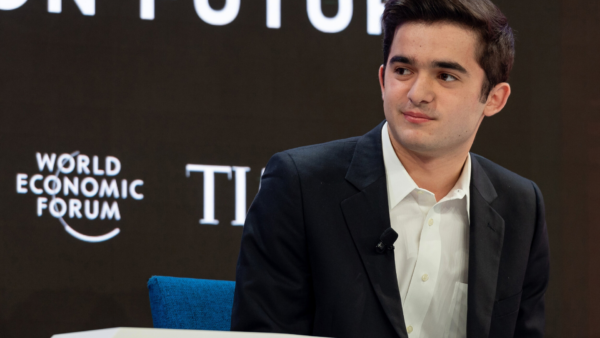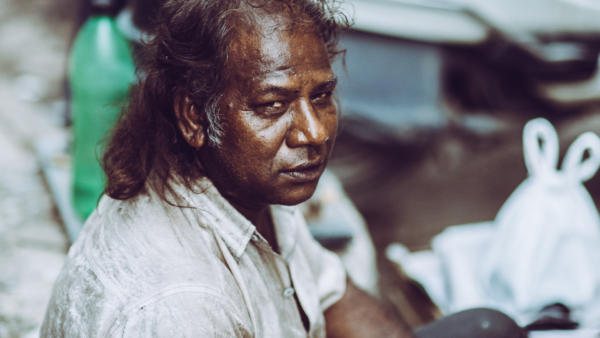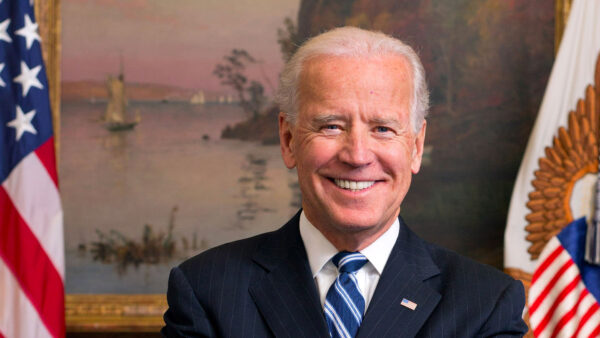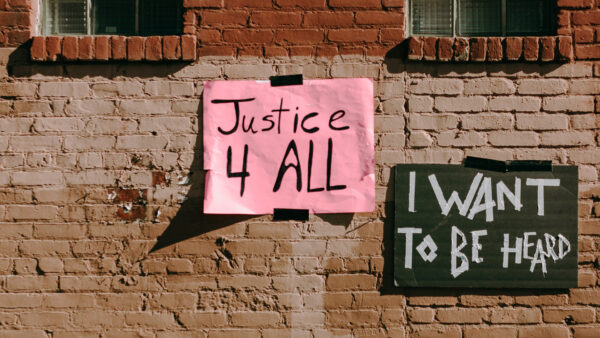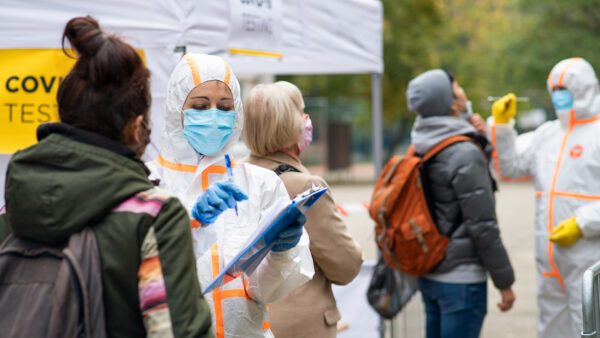UK aid arrives in India as second waves continues to devastate
The first international shipment of medical supplies has arrived in India as the country is in the midst of one of the worst second waves experienced by any country during the pandemic.
Arriving from the UK on Tuesday (27th April), many ventilators and oxygen equipment landed in New Delhi as hospitals continue to be overwhelmed, with people waiting in the streets outside. However, with a population of 1.3bn, experts feel that this aid is not enough to address the current crisis.
India has so far recorded more than 320,000 new infections during this second wave, while deaths have now surpassed 200,000 in total with the new variant spreading fast. After starting out in some of India’s major cities, the virus has now spread to smaller towns where access to vital health services is more limited. These services, which have been under great strain, are now on the verge of collapse.
India was initially viewed as a positive example of how to handle the pandemic, where the country imposed a strict lockdown from 25th March to 31st May last year, mitigating a greater crisis. The country’s production of a vaccine was also hailed with the country being viewed as the “world’s pharmacy”.
Medical experts have criticised the underfunded healthcare system and pointed towards vaccine hesitancy as two of the major factors for this latest crisis. A complex vaccine drive and many people not taking up the vaccine is creating a snowball effect that is devastating the country.
In addition to the UK’s support, US President Joe Biden said that he would send up to 60 million doses of the AstraZeneca Covid-19 vaccine abroad with India expected to be a recipient. India has also stepped up its own efforts including introducing the first “Oxygen Express” train, which aims to transport 70 tonnes of the gas, arrived in Delhi.
However, there is still much work that needs to be done. With India now feeling the brunt of a brutal second wave, greater collaborative efforts are needed to ensure that everybody in the country receives equal access to healthcare. One of the major ways to do this during the current climate is for leading nations to provide equipment, vaccines, and other facilities to developing economies in desperate need. In doing so, the world will be able to successfully come out of the pandemic and work towards addressing the 17 Sustainable Development Goals (SDGs) by 2030.


